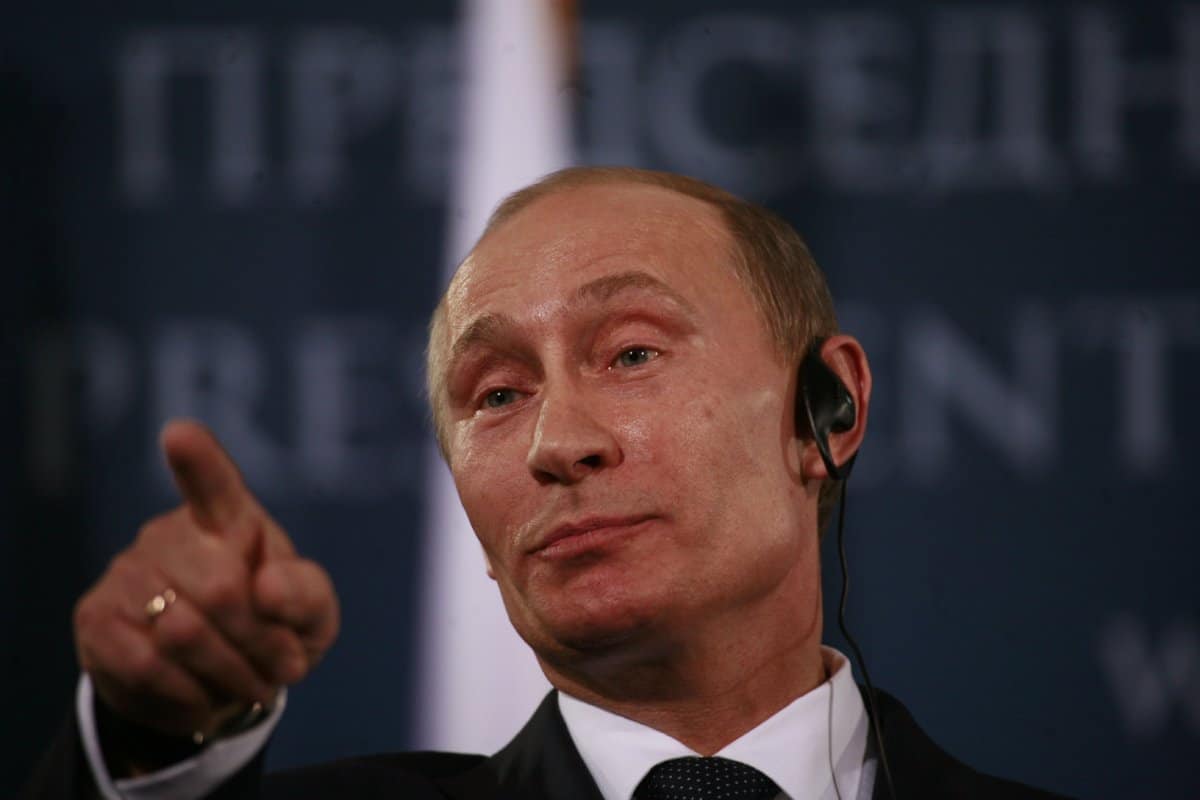Russian President Vladimir Putin has promised military action against any British fishing vessel caught fishing in Russian waters, decimating a treaty over 70 years old.
Putin’s Fishy Move
Russian President Vladimir Putin has signed a decree that bans UK fishing boats from entering Russian waters, disrupting fishing rights that have been in place since 1956.
The UK’s fish and chip industry, which stands over 160 years old and is an integral part of the country’s identity, has already been facing challenges due to rising costs. Chippies across the country have been going out of business due to rising costs of both fish and cooking oil prices.
Andrew Crook, president of the National Federation of Fish Friers, warned that many fish and chip shops are going out of business, “It’s like nothing we’ve ever seen before,” he said.
Crook has also pinned the crisis on the COVID-19 pandemic, arguing that people don’t have the money to spend on takeaways anymore.
Parliamentary Compliance Ends Decades-Old Agreement
To make things worse, Putin officially terminated the longstanding agreement originally signed by the Soviet Union, in another huge blow to fish and chip shops across the country.
This strategic move from Russia is viewed as a direct response to the UK’s sanctions on the Russian economy and its role in helping Ukraine with military assistance as Putin continues to invade.
Since Russia’s invasion of Ukraine in 2021, the UK has strongly condemned Russia’s actions by supplying Ukraine with anti-tank weapons and armored vehicles.
Most recently, the UK has involved itself in the largest military drills since the Cold War, deploying troops to Eastern Europe in the event of Russia’s aggression escalating further.
UK and US Promise Ukraine Sovereignty
In 1994, the UK and the US both signed agreements that would ensure the protection of Ukraine’s sovereignty in the event of an attack.
The signatures were placed on a document that said both countries would “respect the independence and sovereignty and the existing borders of Ukraine,” but it doesn’t legally mean they should act with military force in the event of an invasion.
The US is currently divided on providing financial and military aid to Ukraine, as President Biden urges Congress to pass a $95 billion foreign aid bill.
Former President Donald Trump argued that the proposed bill did not do enough to ensure the security of America’s Southern Border, prompting Republicans to delay the bill.
Cod Fishing at Putin’s Peril
With the termination of the agreement, Putin now holds the power to deploy warships against any trawlers attempting to fish for cod near Russian waters.
The Russian parliament hailed President Putin for returning Russia’s identity to the country, arguing that the British have been taking their fish for too long.
“It’s his (Putin’s) decision exclusively: he gave us back our fish. Because it was eaten for 68 years by the unscrupulous British,” according to Russian spokesperson Vyacheslav Volodin. Volodin also targeted the UK’s sanctions along with Russian stereotypes about the country’s obesity problem.
“They announced sanctions against us, but they themselves make 40 per cent of their diet, their fish menu, from our cod. Now let them lose weight, get smarter,” Volodin argued.
Volodin, boasted about Putin’s historical achievements, citing the return of Crimea and now the reclamation of fishing rights, hailing Putin as a leader who defends Russian interests.
What’s Next for Britain’s Chippies?
Britain may face even more hikes to its fish and chip prices after the sanctions, but Russia’s claims that Britain gets “40%” of its diet from this food group may prove to be fishy.
More Articles Like This…
Broken Britain: 12 Reasons Behind the UK’s Decline
Say the Unsayable: 10 Occasions When Farage Spoke His Mind About Britain
The post Hitting Britain Where It Hurts: Putin’s Response to Ukraine Aid and UK Sanctions first appeared on Edge Media.
Featured Image Credit: Shutterstock / plavi011.
Oscar Davies, an expert in US and UK politics and sports, is renowned for his sharp and engaging writing style, appealing to a broad spectrum of readers.

